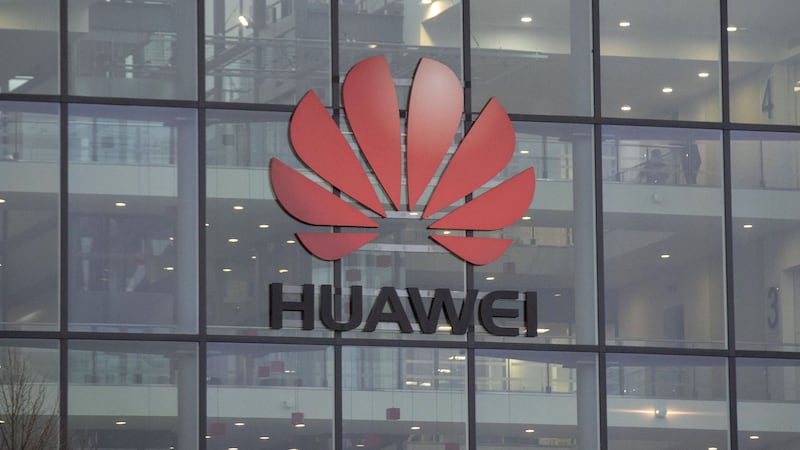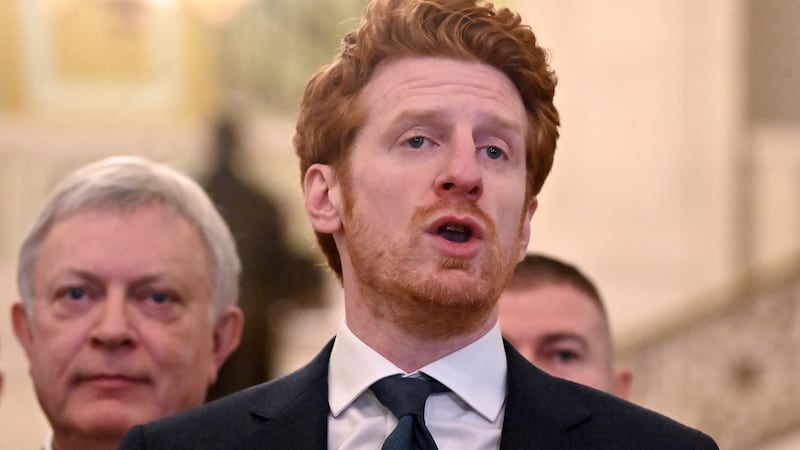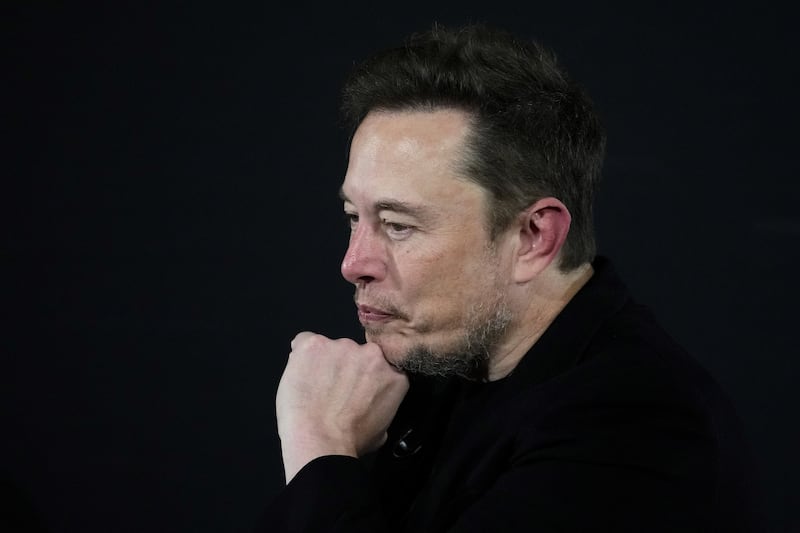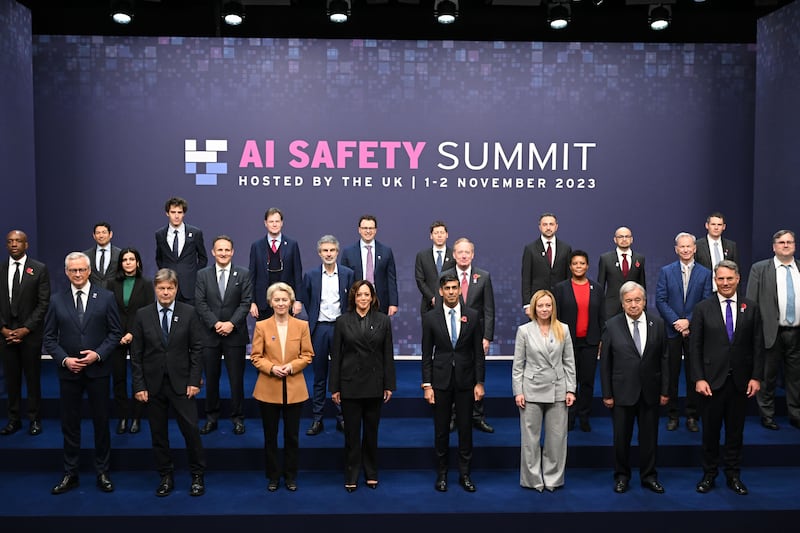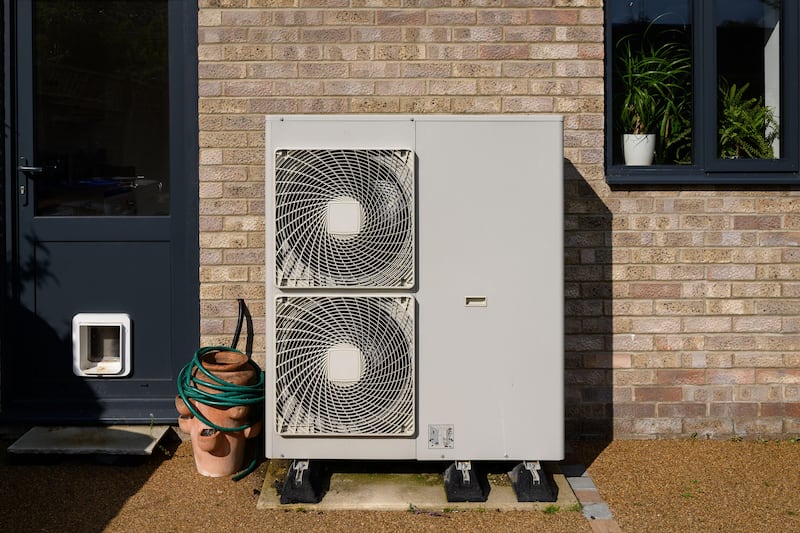The UK Government has still not made a final decision on the inclusion of Chinese firm Huawei in the UK’s 5G networks, Culture Secretary Jeremy Wright has said.
Mr Wright warned some assumptions about Huawei and how embedded it was in some parts of existing networks were “wrong” and was not helping the debate.
Giving evidence to MPs at the House of Commons Digital, Culture, Media and Sport Select Committee, he said concerns raised about Huawei were less about the threat of espionage but because of engineering issues with the firm’s equipment.
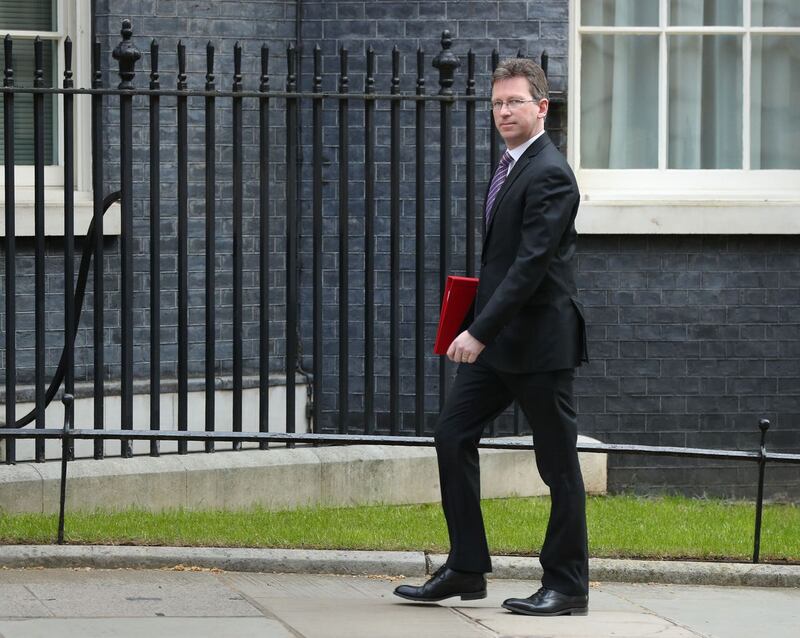
Fears have been raised that Huawei could be used by the Chinese state as a route to spy on the West, with the US pressuring allies to distance themselves from the company.
But Mr Wright said Huawei was already the subject of stricter analysis than many other companies because of the “nature of Huawei and where it comes from”.
“There is already a substantial amount of Huawei equipment within the telecoms network, so we are not starting from a standing start,” he said.
“There is already Huawei equipment and that applies to the telecoms network more broadly, it does not apply to critical national infrastructure from which Huawei equipment has been excluded for some time.”
“It’s also right, and the committee knows this, that there is a method of managing Huawei equipment which does not exist for other suppliers.
“That’s the oversight mechanisms, the evaluation centre. It is there for us to engage with Huawei and make sure we are confident in the equipment that it supplies.”
Mr Wright said a decision based on the Government’s review of not just Huawei but the security around UK telecoms would be made soon but did not give a time frame.
“It (the review) is important as things stand but it becomes increasingly important as we move towards 5G,” he said.
“5G will enable us to do more things, more networks on more sensitive subjects and with more sensitive purposes, which make this even more crucial. So this is the time to do it.
“That review is complete but the decisions that the Government need to take on the back of it are not yet and – leaks notwithstanding – as and when we’re in a position to describe what we’ve decided to do and why we’ve decided to do it, then, of course, I will come to the House and make a statement in the normal way.”
He added: “Some of the assumptions that some people are making about how much Huawei equipment there is, how much there is in the core of the network, how much there is in critical national infrastructure and intelligence and security and defence networks, some of those assumptions are wrong.”
The Culture Secretary added the process was not about cheapening the cost of a 5G network but about security.
“I will not trade off – and I’m sure neither will the Prime Minister – economic benefit with cheap kit for security risk,” he said.
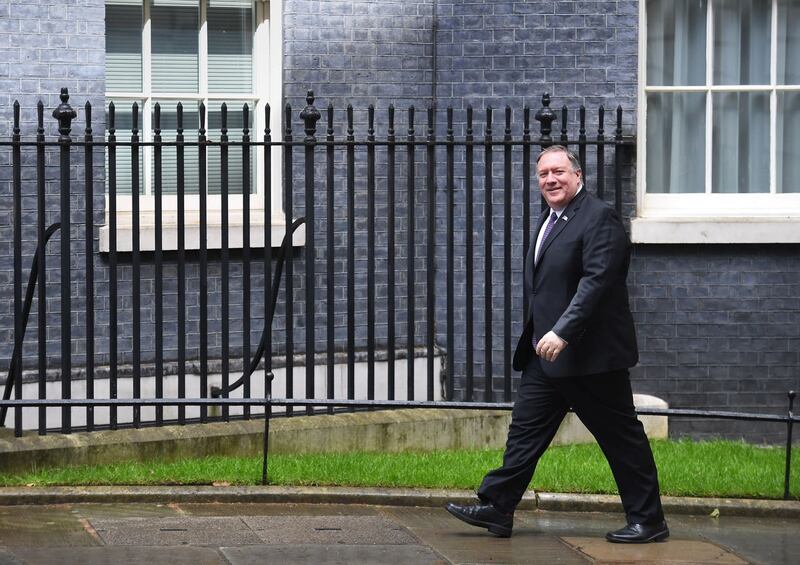
Also on Wednesday, Prime Minister Theresa May and Foreign Secretary Jeremy Hunt met US Secretary of State Mike Pompeo, with the Chinese firm discussed.
Shortly before the meeting, Mrs May assured the House of Commons she would not consider any options which would endanger national security communications.
Mr Pompeo said he had “great confidence” the UK would never act in a way that would “break the special relationship”and said Washington accepted each country has a sovereign right to make its own decisions on the issue.
But he added: “The United States has an obligation to ensure that places where we operate, places where American information is, places where we have our national security risk, that they operate inside trusted networks. That’s what we’ll do.”
